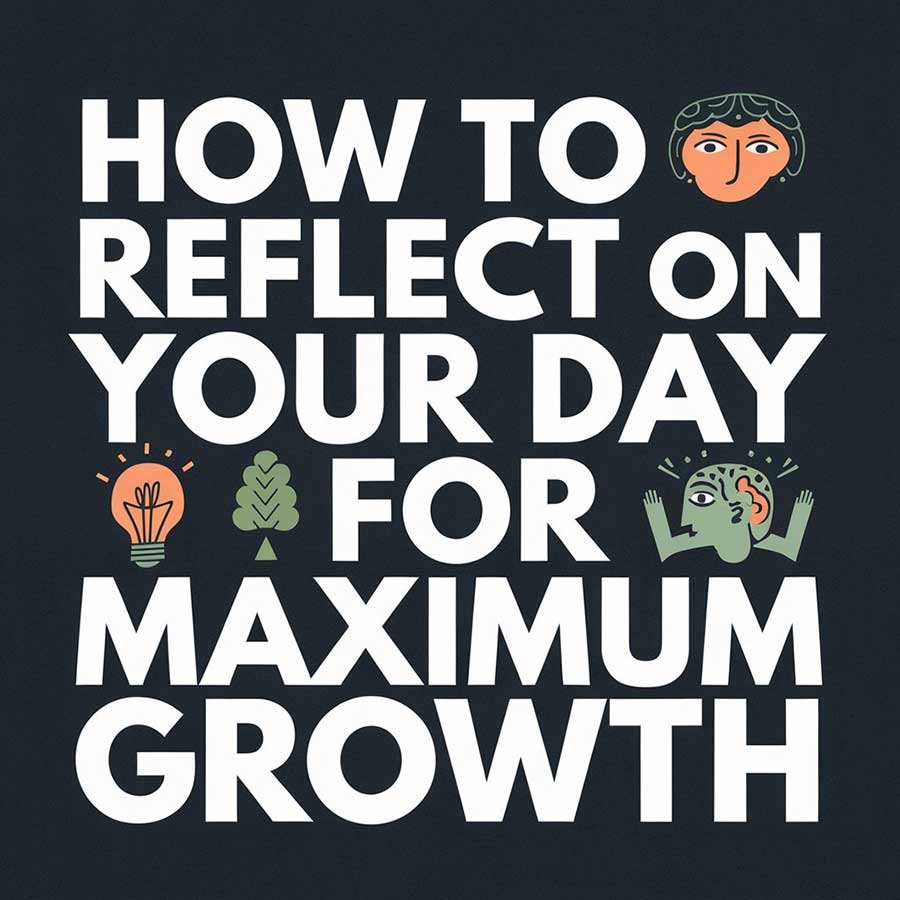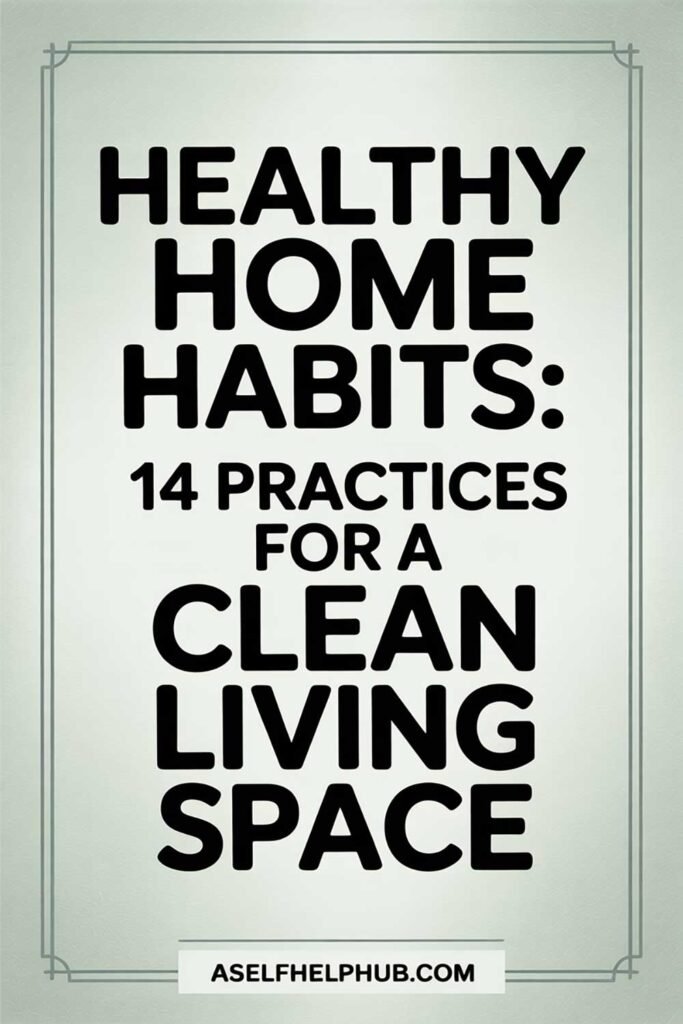
How to Reflect on Your Day for Maximum Growth
Reflection is one of the most powerful tools for personal growth. Taking the time to analyze your day, recognize your achievements, and assess areas for improvement can help you develop self-awareness, resilience, and a stronger sense of purpose. By practicing structured daily reflection, you can maximize personal development and ensure that each day contributes to your long-term success.

Why Daily Reflection Matters
Daily reflection allows you to:
- Recognize progress and achievements – Acknowledging even small wins builds confidence and motivation.
- Identify areas for improvement – Understanding challenges helps you grow and make necessary adjustments.
- Increase self-awareness – Recognizing patterns in thoughts and behaviors leads to better decision-making.
- Reduce stress and anxiety – Processing emotions daily helps clear mental clutter and improve well-being.
- Strengthen gratitude and mindfulness – Reflection encourages appreciation for life’s moments, both big and small.
Step-by-Step Guide to Reflecting on Your Day
1. Set Aside Time for Reflection
Make daily reflection a habit by setting a specific time each day—whether in the evening before bed or during a quiet moment at the end of the workday. Consistency is key to making this practice effective.
2. Find a Comfortable Space
Choose a quiet, distraction-free environment where you can focus. This could be your bedroom, a cozy corner, or even a favorite outdoor spot.
3. Ask Yourself the Right Questions
Structured questions help guide your reflection. Consider these prompts:
- What were the highlights of my day?
- What challenges did I face, and how did I handle them?
- What did I learn about myself today?
- How did I step out of my comfort zone?
- What could I have done better?
- What am I grateful for today?
- How do I feel right now, and why?
4. Write It Down
Journaling your reflections solidifies insights and provides a record of growth over time. Writing allows for deeper processing and makes it easier to track patterns and progress.
5. Acknowledge and Celebrate Wins
No matter how small, every achievement matters. Celebrating wins builds confidence and motivation to keep progressing.
6. Identify Areas for Improvement
Self-improvement is a continuous process. Recognizing what didn’t go as planned allows you to adjust and make better decisions in the future.
7. Practice Gratitude
End your reflection with gratitude. Acknowledging the good in your day fosters a positive mindset and overall well-being.
Different Methods of Reflection
There’s no single right way to reflect—find a method that works best for you:
1. Journaling
Writing in a journal is one of the most effective ways to reflect. It allows you to process emotions, track growth, and gain clarity.
2. Audio or Video Reflections
If writing isn’t your style, try recording your thoughts using your phone or a camera. Speaking out loud can help you process emotions just as effectively as writing.
3. Meditation and Mindfulness
Silent reflection through meditation allows you to focus on thoughts and feelings without distractions. Mindfulness helps cultivate self-awareness and emotional regulation.
4. Talking It Out
Sharing reflections with a trusted friend, mentor, or partner can provide new perspectives and support. Discussing your day allows for deeper insights and accountability.
Making Reflection a Habit
To make daily reflection a consistent habit:
- Start small – Begin with just 5 minutes a day and gradually increase as needed.
- Use a template – Having a structured format makes it easier to stay on track.
- Set reminders – Use phone alerts or sticky notes as cues to reflect daily.
- Stay non-judgmental – Reflection is about learning, not self-criticism. Approach it with curiosity and self-compassion.
Final Thoughts
Reflecting on your day is one of the most powerful habits for growth, self-awareness, and goal achievement. By making time for intentional reflection, you gain clarity, celebrate progress, and set yourself up for continued success. Whether through journaling, meditation, or talking with a mentor, the key is consistency—because small daily insights lead to significant long-term transformation.
Picture This
Imagine ending your day feeling at peace and accomplished. You sit in a quiet space, journal in hand, as you reflect on the moments that mattered most. You recognize your progress, acknowledge lessons learned, and feel a deep sense of gratitude. With each day, you become more aware, intentional, and aligned with your goals. This is the power of daily reflection—helping you grow into the best version of yourself, one day at a time.
Please Share This Article
If you found this article helpful, please share it with anyone who could benefit from daily reflection for personal growth.






